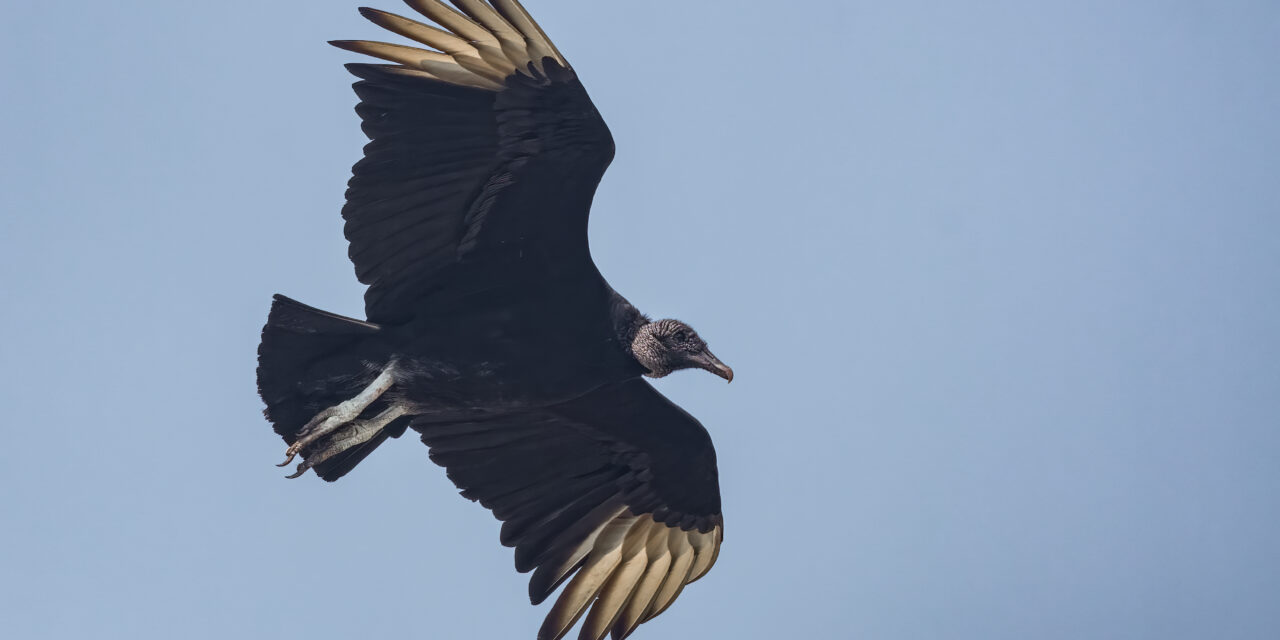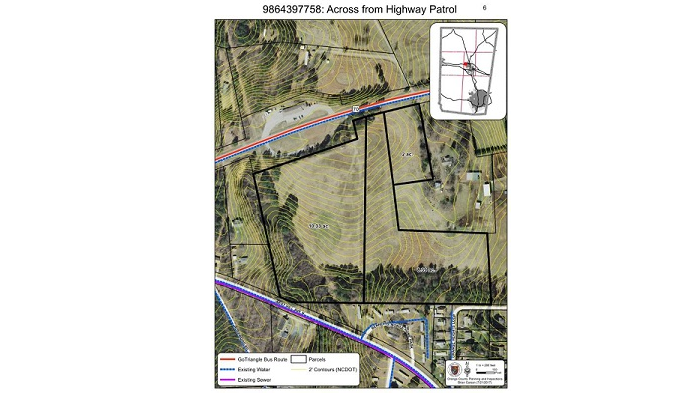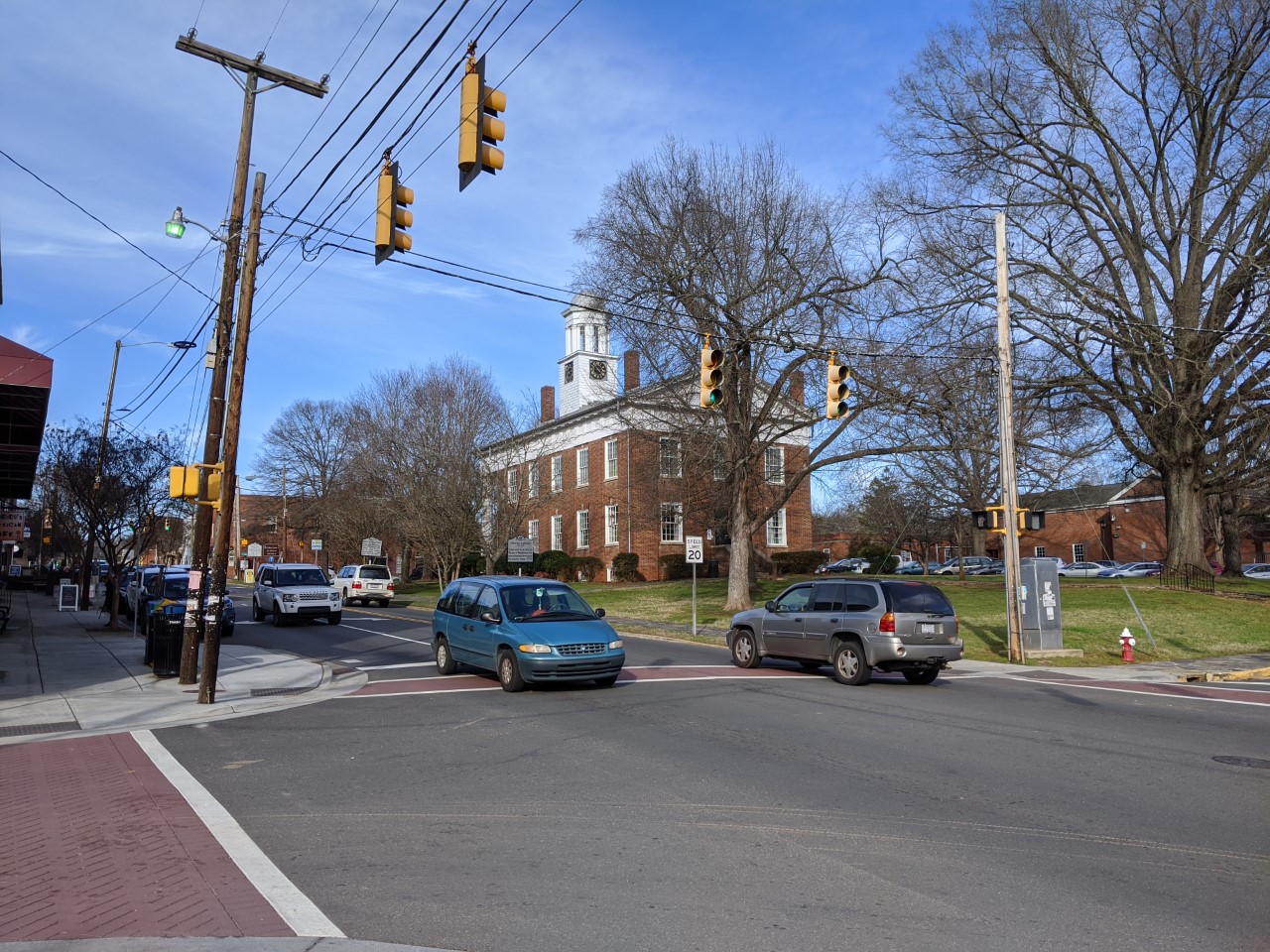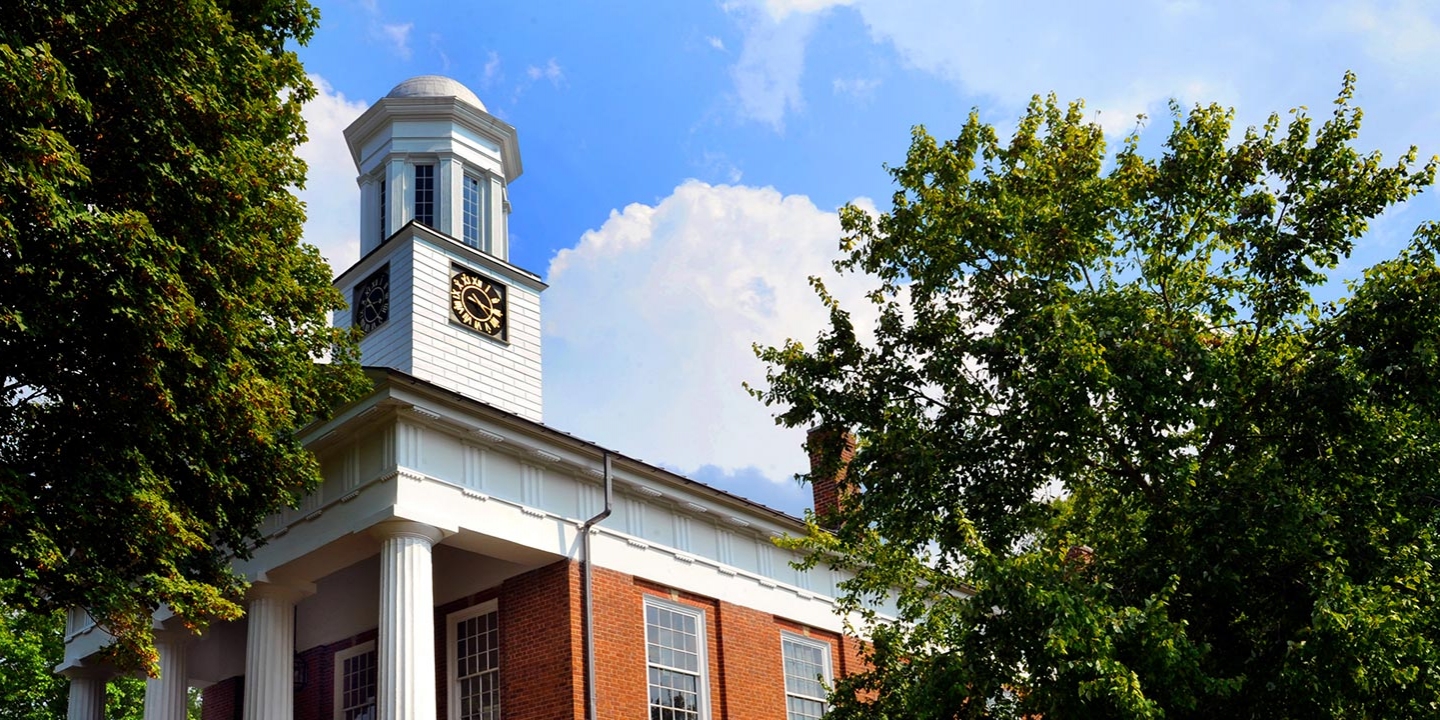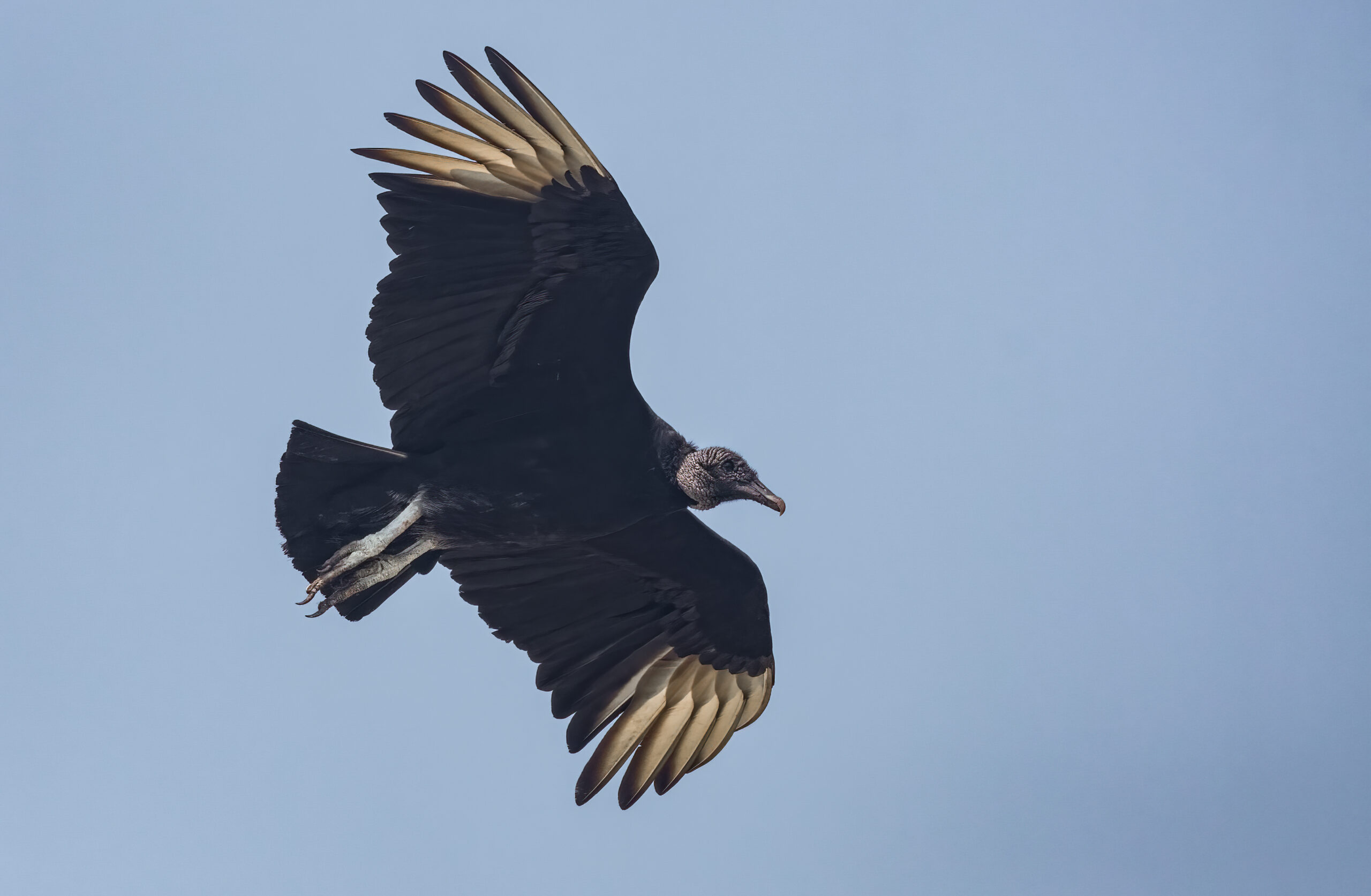The Town of Hillsborough now prohibits feeding or attracting most wildlife within town limits, updating its ordinance in an attempt to curb the nuisances or safety risks brought by certain species.
The Hillsborough Board of Commissioners unanimously passed an addition to its Regulation and Control of Animals ordinance on the consent agenda during its Feb. 10 meeting. The change explicitly prohibits town residents from placing or allowing any device, food or attracting material to be put outdoors to specifically feed or draw wild animals.
Hillsborough Mayor Mark Bell says the changes are “not complicated,” as he described on 97.9 The Hill, and were made to address a variety of long-standing concerns from town residents about wildlife getting food in unnatural ways and potentially causing harm.
“There’s a short list of things that you can’t do,” the mayor said, “and then there’s a small section of things that is still okay – to feed small birds, like songbirds for example, and put up feeders [for them]. Things like that.”
The update, which was later shared on the town’s website, does outline exceptions for wildlife that do not cause any common nuisances – chiefly, songbirds and bees. Bell stressed the provision also takes into account many ways people could unintentionally or naturally draw wildlife.
“It’s very agnostic when it comes to what kind of animals are being attracted,” he said. “It carves out things for naturally-occurring crops that [animals] like deer feed on. We’re not prohibiting you from having those crops, but you can’t gather it up for the purpose of feeding those deer, for example.”
The ordinance update aligned with the release of the town’s new wildlife resource guide created by the town’s public space and sustainability division, which aims to better detail good practices for helping animals and avoiding any conflicts. That includes tips on how to avoid attracting particularly pesky species Hillsborough has received complaints about, including Canada geese, gray squirrels, groundhogs, white-tailed deer and vultures.
The latter’s inclusion is in part due to the activities of Ken and Linda Ostrand, a pair of residents on West Queen Street who have traditionally fed black vultures at their property. One of the Ostrands’ neighbors, Michael Beanland, petitioned the town commissioners to take action at a meeting in January after detailing his family’s experience with the vultures’ mess and intrusion on their property. Ken Ostrand maintains he has cut back on widely feeding vultures and only gives food to two specific vultures, both of which are not as mobile as the others. Still, the feeding and water left out for the birds attracts others – and added to the town’s reasoning for an ordinance update.
Ostrand told Chapelboro that as of Sunday, he has yet to read a full copy of the new provision – but he believes the action is a mistake on Hillsborough’s part and is overreaching. But Ostrand also pointed to several of Hillsborough’s ordinances that exist from centuries ago and others that go either unenforced by the town or largely ignored by residents.
“Life will go on,” he said with a chuckle. “The town has lasted for 250 years, and we’ve managed to do it without a wild animal restriction.”
Ostrand said he looks forward to the attention around the vultures eventually going away, pointing to the town government having many other issues to address. But he indicated he still plans to feed the vultures and let Hillsborough’s officials tackle how to enforce the new ordinance.
“If they want to send the police out, handcuff me, take me down with a scarlet letter, they can certainly do that,” Ostrand said. “But they’d have to get up pretty early in the morning or late at night.
“I think more likely everybody will just ignore this, and the neighbor will just calm down when the birds fly out for the spring,” he added.
For residents wishing to report a violation, the Town of Hillsborough says to call 911 and speak with Hillsborough Police. Punishments fall under the broader penalties established in the town’s Regulation and Control of Animals section, with violations qualifying as a misdemeanor and punishable with a maximum fine of $74 a day after being notified.
Editor’s Note: A previous version of this story said the town’s code enforcement officer would be responsible for taking and investigating reports of violations. That has since been corrected to Hillsborough Police.
Featured photo via Norman Welsh/Friends of Anahuac Refuge.
Chapelboro.com does not charge subscription fees, and you can directly support our efforts in local journalism here. Want more of what you see on Chapelboro? Let us bring free local news and community information to you by signing up for our newsletter.

